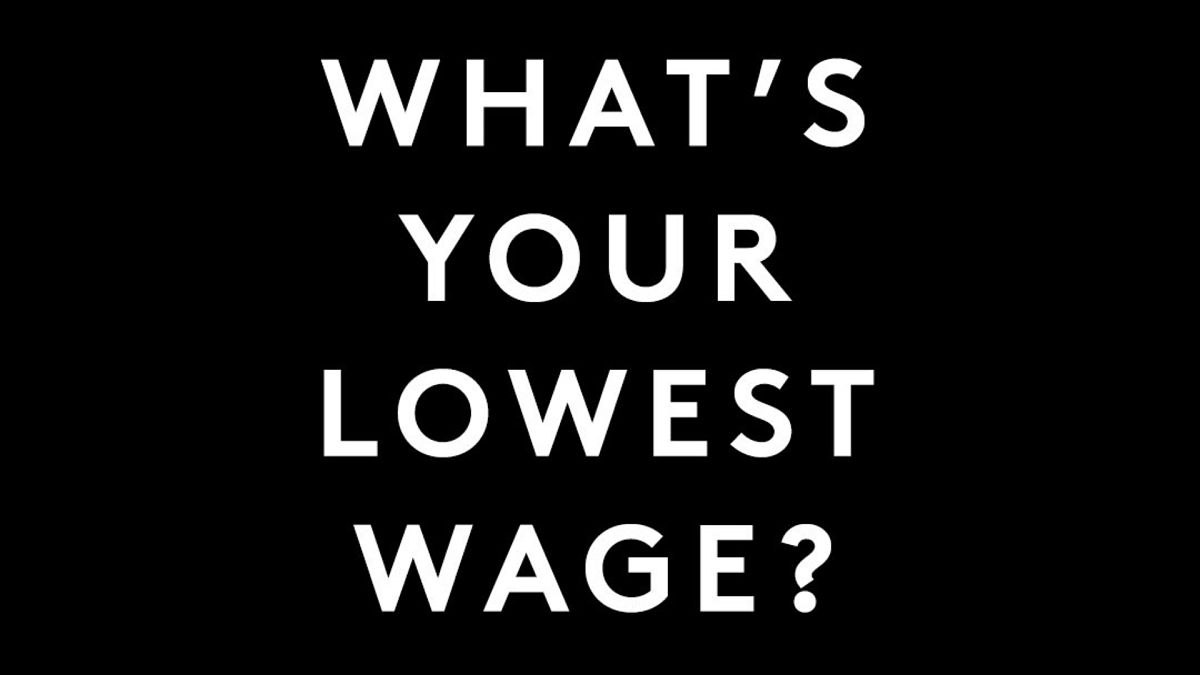Nisolo and ABLE are working together to encourage the fashion industry to pay its workers a living wage.
A campaign encouraging companies to reveal the lowest wages offered to their workers has been launched by ethical fashion brands Nisolo and ABLE.
In an attempt to highlight injustices faced by workers, the Lowest Wage Challenge urges fashion giants to publish what they pay workers at their international manufacturing partners. These baseline wages will then have to be verified by ACCOUNTABLE, a third-party reporting tool intended to ensure the expectations of conscious consumers are met.
Although average wages are often published by companies wishing to give customers some amount of transparency, the campaign believes that the lowest wages paid are a better indication of how a company cares for its most vulnerable employees. They quote research done for The True Cost, a documentary on the social and environmental impact of cheap disposable fashion, which found that only 2% of the people who make our clothes earn a living wage.
In a letter on Nisolo’s website CEO Patrick Woodyard invites fellow clothing companies to “vulnerably lean in and share their lowest wages and how they compare to living wages where they operate” to help bring 75 million people worldwide employed by the fashion industry out of poverty.
Read More | Model Emma Breschi opts for second-hand clothes at #LoveNotLandfill
ABLE began publishing its lowest wages in 2018 showing that the lowest pay in the US was at a fulfilment centre in Nashville where workers still earned well above local living wage rates. This year they are able to publish figures obtained from factories in Ethiopia where their products are made. Nisolo has partnered with ABLE to release their own figures for their factories in Peru.
“We’ve strived to pay a living wage to those working in our supply chain since inception,” writes Woodyard, “We do this by asking our shoemakers themselves how much they pay for housing, food, education, healthcare, utilities, transportation, clothing, and other essential needs (for them as individuals and for their children).”
The pair of sustainable fashion competitors has also created a site on which consumers can nominate brands they want to take part in the campaign. Currently, some of the top nominated brands include high street fast fashion giants such as Zara, H&M and Topshop as well as other sustainably-minded retailers such as Reformation and Allbirds.
Many companies have claimed that paying workers a living wage would be too expensive, raising the cost of their clothing beyond the point where it is financially viable. A report by Oxfam found that this is not entirely true as it would only cost around 1-4% more for them to pay living wages across the supply chain.
The challenge isn't solely about having companies already making the most effort reveal their figures, however. The campaign hopes to encourage transparency from manufacturers alongside understanding from customers stating on its website, "you don't have to be perfect before you can be honest".
You can find out more about the campaign and nominate brands you want to see data from on the Lowest Wage Challenge Website.



